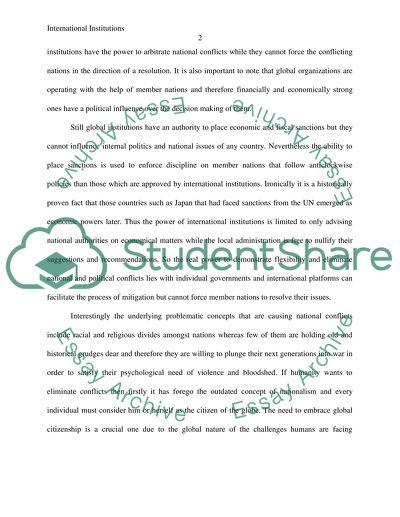Cite this document
(“Can international institutes prevent armed conflict between states Dissertation”, n.d.)
Can international institutes prevent armed conflict between states Dissertation. Retrieved from https://studentshare.org/history/1484304-can-international-institutes-prevent-armed
Can international institutes prevent armed conflict between states Dissertation. Retrieved from https://studentshare.org/history/1484304-can-international-institutes-prevent-armed
(Can International Institutes Prevent Armed Conflict Between States Dissertation)
Can International Institutes Prevent Armed Conflict Between States Dissertation. https://studentshare.org/history/1484304-can-international-institutes-prevent-armed.
Can International Institutes Prevent Armed Conflict Between States Dissertation. https://studentshare.org/history/1484304-can-international-institutes-prevent-armed.
“Can International Institutes Prevent Armed Conflict Between States Dissertation”, n.d. https://studentshare.org/history/1484304-can-international-institutes-prevent-armed.


